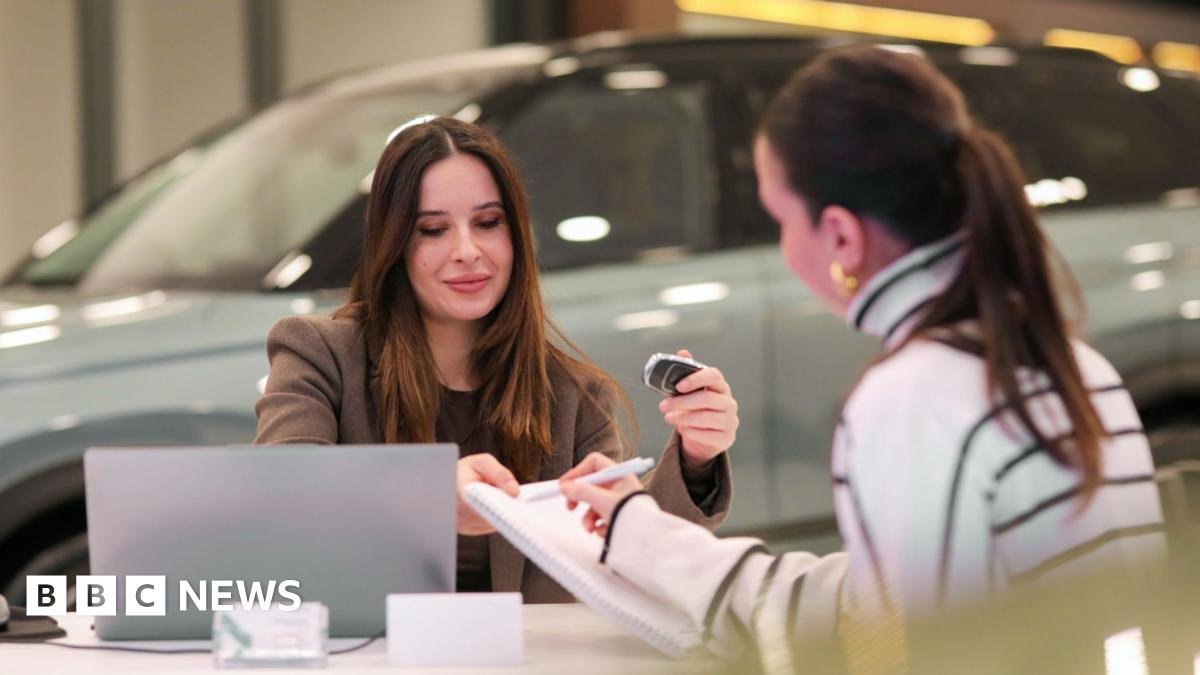The FCA said it was “hard to estimate precisely at this stage the total cost to industry of the scheme”, but it is understood that millions could be eligible.
The industry is expected to cover the full costs of any potential compensation scheme, including any administrative costs.
Those who have already complained do not need to do anything, the regulator said, advising those who have yet to complain to contact their car loan provider rather than using a claims management company.
It added that it “anticipate[s] requiring firms as far as possible to make customers aware they may be eligible and what they may need to do” and that claims “should cover agreements dating back to 2007”.
However, the Finance & Leasing Association has said it is concerned “about whether it is possible to have a fair redress scheme that goes back to 2007 when firms have not been required to hold such dated information”.
The FCA said it will start its consultation on who should be eligible for compensation and how much they should get in October, adding that the Supreme Court ruling provided “clarity”.
On Friday, the Supreme Court reversed earlier court rulings which said that hidden commissions on car loans were unlawful.
The case was brought by two specialist lenders, Close Brothers and South Africa’s FirstRand, in an attempt to challenge the three consumers who collectively won a Court of Appeal case in October.
However, the Supreme Court ruled that if commission is extremely high, such as in the case brought by Marcus Johnson, where the commission paid to the dealer was 55% of the total charge or credit including interest and fees – that this was a “powerful indication” the relationship between Mr Johnson and lender FirstRand was unfair.
The Supreme Court awarded Mr Johnson the amount of a commission plus interest.
The FCA said Friday’s judgement “helps us because we have been looking at what is unfair and, prior to this judgment, there were different interpretations of the law coming from different courts”.
FCA chief executive Nikhil Rathi said: “It is clear that some firms have broken the law and our rules. It’s fair for their customers to be compensated.”
He said consumers did not need to use a claims management company or law firm in order to make a claim, adding: “If you do, it will cost you a significant chunk of any money you get.”




